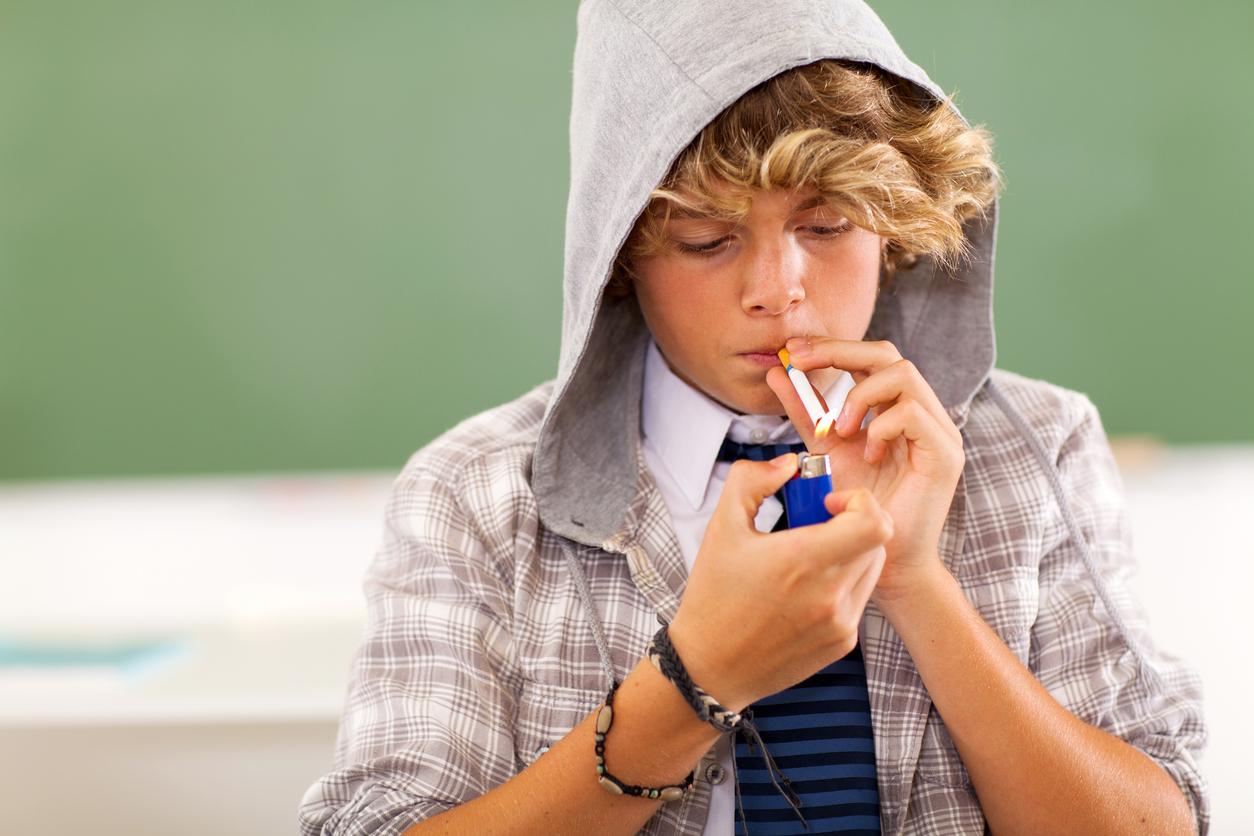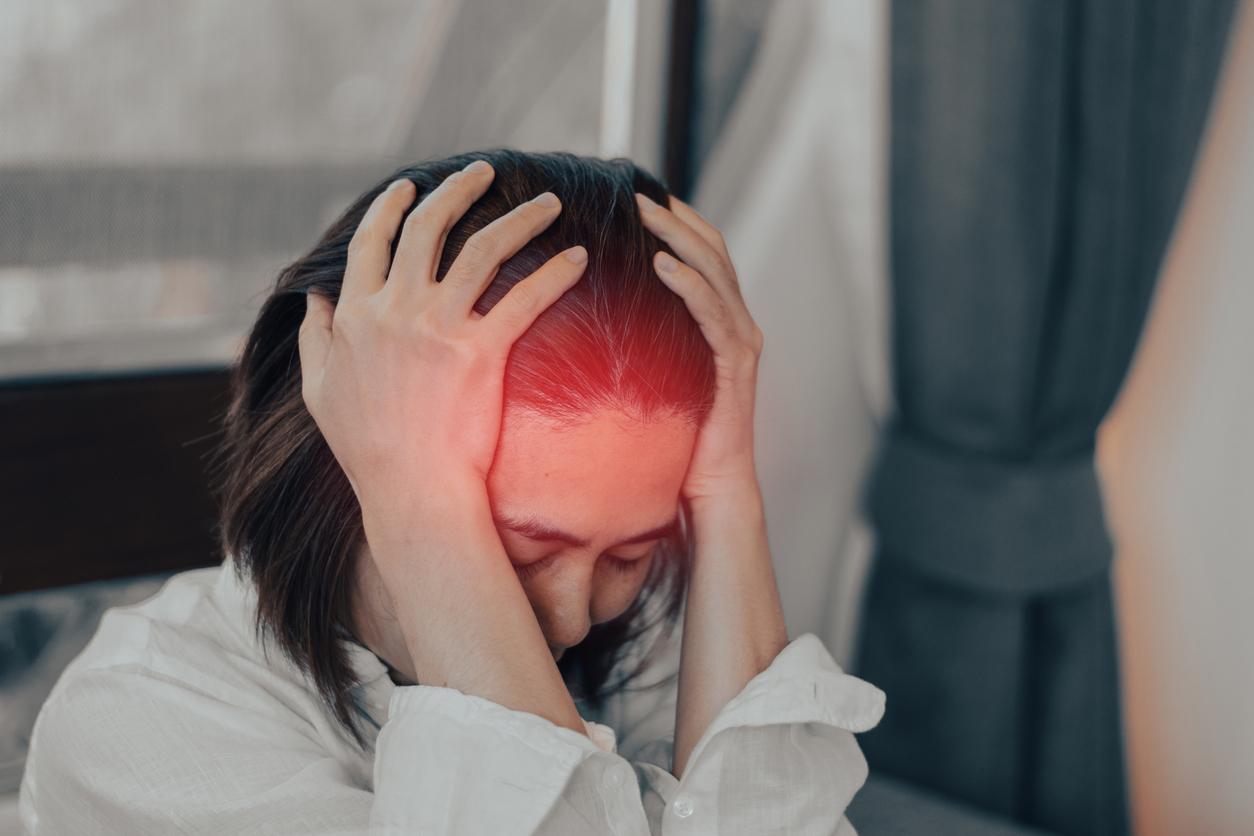Children who have survived cancer are more likely to have health problems in adulthood. It depends on the type of cancer and its treatment.

- In children under 17, the most common cancers are leukaemia, tumors of the central nervous system and lymphoma.
- These cancers are rare: they represent 1 to 2% of all cases.
What are the sequelae of long-term cancer? Psychologically, the disease can leave traces, but also physically, especially in the youngest. In The Lancet Regional Health – Europescientists explain that adolescents and young adults who have been diagnosed with cancer have more health problems in adulthood, compared to others.
Chemotherapy and radiotherapy have more consequences
This research was carried out on more than 3,400 people who had been diagnosed with cancer before the age of 25. All survived more than five years after the disease. In parallel, the researchers observed a control group of more than 13,500 people who had not had cancer during this period. They listed 183 physical or mental problems for which a consultation at the hospital or at the general practitioner is necessary. They adjusted the results obtained according to the type of therapy followed by the young people. People treated with chemotherapy and radiotherapy had overall suffered more than twice as many hospitalizations by the age of 45 compared to those whose cancer was treated by surgery. They also had more frequent consultations with the general practitioner because of a cardiovascular pathology, on average seven per person compared to only one for the others. These people also had an increased risk of developing cancer for the second time and that it was more aggressive, that is, with metastases.
How to interpret these results ?
Dr. Alvina Lai, lead author of this study, draws several conclusions from these results. “More than 80% of children and young people diagnosed with cancer surviveshe recalls, but they face unique health care needs due to the late effects of cancer or its treatment.” According to her, these long-term effects must be taken into account when young people are cared for for their cancer, so that “the benefits of a treatment can be weighed against any long-term risks”.Study co-author Wai Hoong Chang goes further and recommends “the use of lower doses” for “reduce these long-term effects”. The number of cases of mental illness among people who have had early cancer also attests to the value of long-term psychological care. The researchers are asking health professionals to talk to sick people and their families about these consequences of the disease, in order to reduce the risks.

















